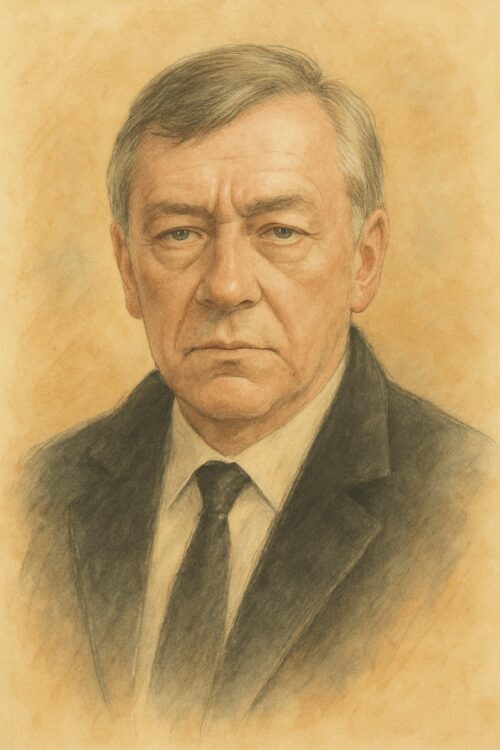Mark McManus: The Relentless Detective Who Defined Taggart
Early Life & Path to Acting
Mark McManus was born on 21 February 1935 in Hamilton, Lanarkshire. When he was three, his family moved to Uxbridge, West London. Yet, he later spent several teenage years in Australia, where he boxed, worked as a labourer, and gained life experience that toughened his outlook. Eventually, he decided to try acting. Consequently, he trained at Glasgow’s College of Dramatic Art and appeared with the Citizen’s Theatre repertory company.
Breakthrough & Defining Role: DCI Jim Taggart
In 1983, McManus first played Detective Chief Inspector Jim Taggart in the pilot film Killer. ITV immediately recognised the potential. Therefore, STV launched Taggart as a full series in 1985. Set in Glasgow’s Maryhill CID, the show embraced dark storylines, local dialect, and strong character work. McManus gave Taggart a flinty realism—gruff, sharp-witted, and tirelessly moral. Moreover, he balanced toughness with sudden flashes of compassion. Hence, audiences quickly embraced him.
Across ten years and more than 40 stories, McManus turned Taggart into Scotland’s most famous fictional detective. While many British crime dramas softened with time, Taggart stayed gritty. Meanwhile, McManus’s famous line, “There’s been a murder,” became part of UK pop culture. Even after his death in 1994, the series kept his name, proving how inseparable actor and character had become.
Acting Style & Signature Traits
McManus projected authority through economy. He rarely raised his voice; instead, he used a measured growl, steady gaze, and boxer’s posture. Consequently, scenes felt tense even in silence. Nevertheless, he could pivot to warmth, especially in moments with victims’ families. This blend of steel and sympathy made Taggart believable and engaging.
Notable Roles Beyond Taggart
- 2000 Weeks (1969) – Debut feature film shot in Australia; he played Ray Martin, an idealistic writer facing mid-life doubts.
- Ned Kelly (1970) – Supporting role opposite Mick Jagger in the bushranger biopic.
- Sam (1973–1975) – Starred as Sam Wilson, a Yorkshire miner navigating family turmoil in this ITV period drama.
- Strangers (1979–1982) – Recurring part as DCI Jack Lambie, bringing hard-edged realism to the Manchester-set police series.
- The Brothers (1976) – Appeared in the final season as trade-union activist Stuart MacKenzie, adding working-class grit to the BBC trucking saga.
Legacy & Cultural Impact
McManus re-shaped British crime drama. Before Taggart, most TV detectives were either suave or eccentric. However, he introduced a blunt, regionally authentic anti-hero who still upheld justice. Consequently, later series—such as Rebus, Shetland, and Line of Duty—borrowed his template of local flavour plus moral ambiguity. Additionally, he paved the way for more Scottish productions on prime-time UK television.
Personal Life & Final Years
Privately, McManus enjoyed music, boxing memories, and time with family. Sadly, heavy drinking affected his health. Even so, he worked until early 1994, filming his final episode “Prayer for the Dead.” He died on 6 June 1994, aged 59. Nevertheless, STV chose to keep the show’s title, underlining his lasting imprint.
Final Word
Mark McManus embodied authenticity. Through Jim Taggart, he gave viewers a fearless, no-nonsense detective who felt genuinely Glaswegian. Therefore, his influence endures in every gritty British cop who follows clues down dark streets and into moral grey zones.
FAQ – Mark McManus
- When did Taggart first air? The pilot aired in September 1983, with the series starting in 1985.
- How many episodes did he film? He appeared in 27 stories before his death in 1994.
- Did he act in Australian films? Yes—he featured in 2000 Weeks and Ned Kelly.
- What was his earlier TV breakthrough? He starred in ITV’s period drama Sam as a Yorkshire miner.
- Why is he important to Scottish TV? He proved that a Scottish-set detective drama could succeed UK-wide, inspiring future series.
